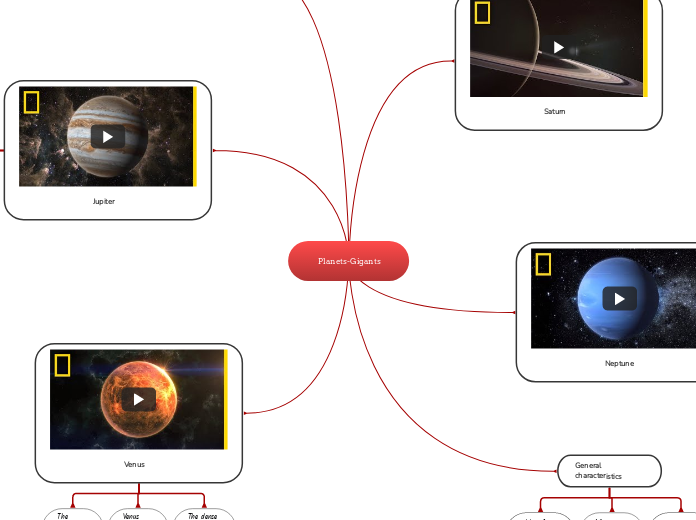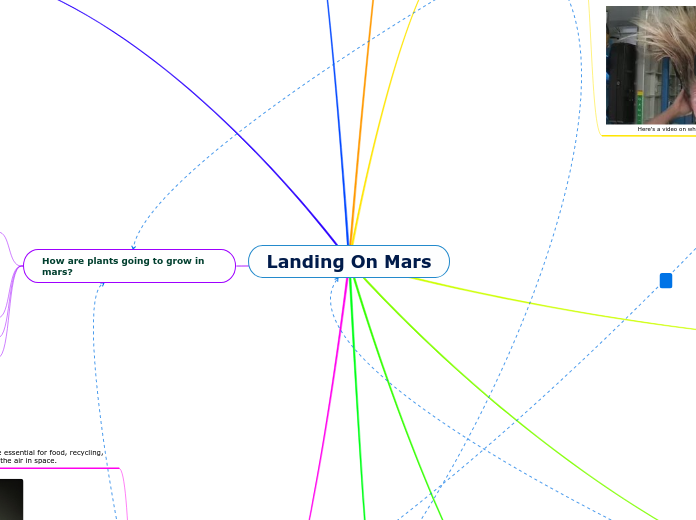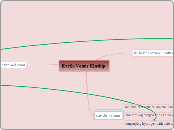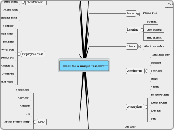realizată de Elena Tymoshkova 2 ani în urmă
170
Planets-Gigants
Jupiter stands out with its remarkable magnetic field, estimated to be 20,000 times stronger than Earth's. Its core, believed to be composed mostly of metallic hydrogen, remains a subject of scientific curiosity.









